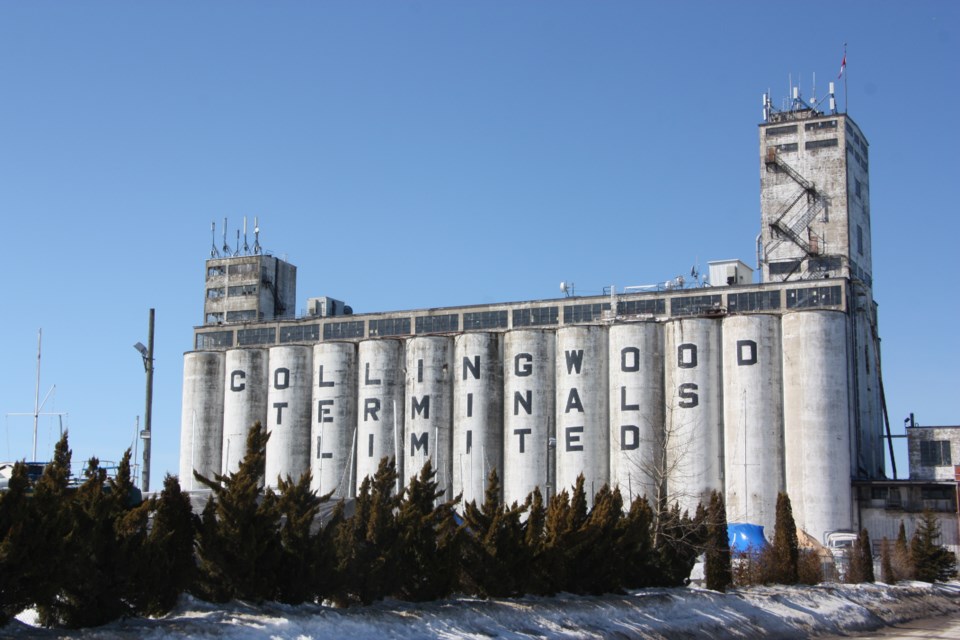Collingwood council will have some decisions to make at its next meeting over whether to follow staff recommendations on how to allocate the proceeds from the airport and COLLUS sale.
A staff report on the agenda for the March 29 strategic initiatives meeting offers eight recommendations for the approximately $17.3 million reserve fund where the sale proceeds have been kept.
The plan going to council includes the following suggestions
- $4 million put aside for buying land
- $3 million to extend municipal services and enhance Heritage Drive
- $1 million to pay outstanding internal loans
- $1 million to repay a shortfall in the working capital reserve fund
- $1 million to a reserve fund for the Collingwood hospital redevelopment
- $885,000 for a shortfall in the waterfront master plan fund
- $500,000 to cover a shortage in the lifecycle replacement reserve fund
- $6.5 million put aside in a legacy fund for investments and future projects such as terminals redevelopment, arts and culture needs, or asset management.
A public survey conducted in November 2019 showed the top five items to gather support from respondents included: debt repayment, funding the redevelopment of the terminal building and extending services along Heritage Drive, establish reserve funds, support arts/culture/theatre, and establish an internal loan fund.
Debt
According to a staff report prepared by the town’s treasurer, Monica Quinlan, and CAO, Sonya Skinner, the town has a total of $27 million in debt. Most of it ($17 million) is held in debentures where early payment options are costly, and would still require the town to pay the full principle and interest, even if it was paid early.
There are also some debts that are not tax-funded, but are being paid from water rate revenue.
The towns internal loans amount to a little more than $1 million, and there are no penalties to paying them early. They include instances where the town has borrowed money from a reserve fund to complete a capital project with the intention of putting that money back in the reserve fund over time.
Terminals/Heritage Drive
The town is working on a call out for bids for options to redevelop the terminals. But before the terminals can be used for more than they are (a decommissioned site) the town will have to extend water and wastewater services to the spit, which is an estimated $3 million of work.
Land acquisition
Because the waterfront master plan and other town feasibility studies under way require land, and because land is getting harder to obtain within Collingwood’s boundaries, staff recommend spending some of the sale proceeds on property.
Legacy fund
The staff recommendations include saving a portion of the proceeds for the proverbial irons in the fire. For example, the town is looking at the feasibility of an arts centre, and also contemplating the pros and cons of a community foundation, neither of which are "shovel-ready." The fate of the old grain elevator (terminals) building is yet undecided.
The staff report also suggests this cash could be invested and the town could use the interest over the long-term.
Reserve funds
An analysis of the town’s reserves and reserve funds (savings) indicated they were underfunded by about $897K for reserves (like a contingency fund for unexpected expenses) and about $2.3 million for reserve funds (earmarked for more specific purposes such as replacing infrastructure).
Specifically, staff are recommending reserve fund contributions earmarked for the projects included in the waterfront master plan; money for a future hospital; topping up a contingency fund to be used for temporary cash shortfalls, one-time expenditures, and emergency situations; and adding to the money set aside for a provincially mandated asset management plan. The asset management plan and the corresponding fund is meant to be a safety net allowing the town to replace its assets as needed. Analysis showed this fund short by about $9 million in 2014, which lowered to a $1 million shortfall in 2017.
To read the full staff report headed to council’s committee on March 29, click here.
You can attend the virtual meeting via Zoom, or watch it streamed live on YouTube. For instructions on how to do both, click here.



